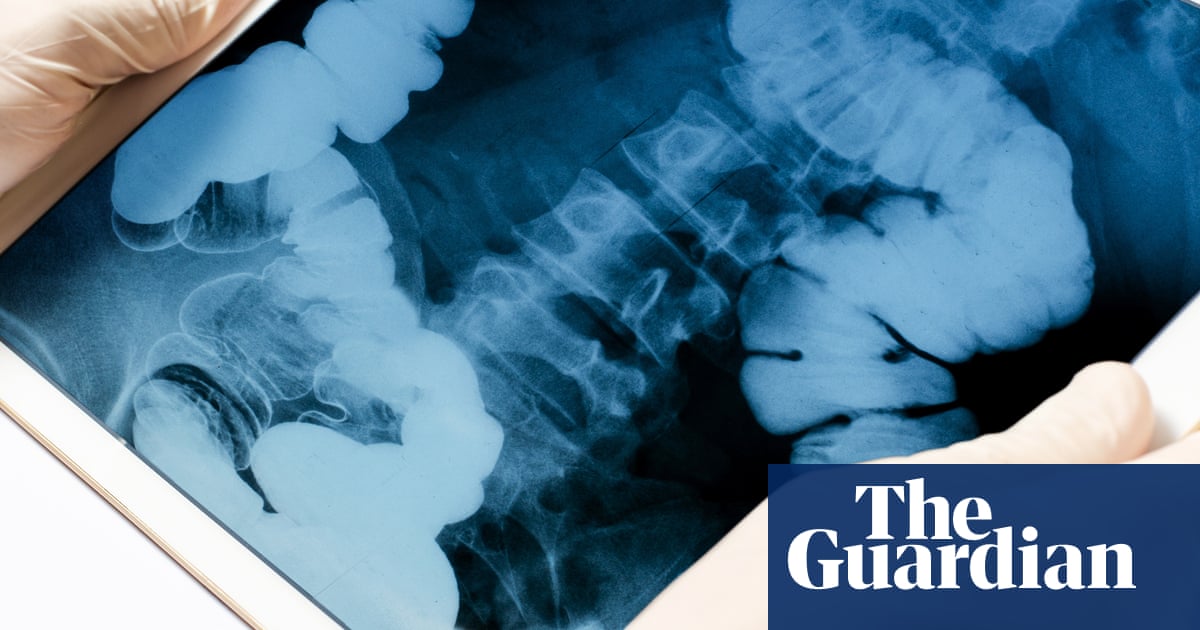
""If I can figure out by looking at somebody's microbiome and their genes as to what drug they would most likely respond to, I would want to pick that drug as a first step.""
""At the heart of the clinic's effort to understand the microbiome is a biobank of more than 2,000 stool samples...one that researchers hope can help them understand why patients respond differently to cancer treatment.""
The Mayo Clinic's fecal waste biobank, containing over 2,000 stool samples, is part of ongoing research to personalize cancer treatment. By analyzing patients' microbiomes and genetic information, researchers aim to determine the most effective drugs for individuals, moving beyond standard treatment regimens. This innovative approach seeks to unravel the complex relationship between the gut microbiome and patient responses to cancer therapies, including the effectiveness of chemotherapy and the severity of side effects. Ongoing trials also explore fecal transplants as a means to improve treatment outcomes.
Read at www.theguardian.com
Unable to calculate read time
Collection
[
|
...
]